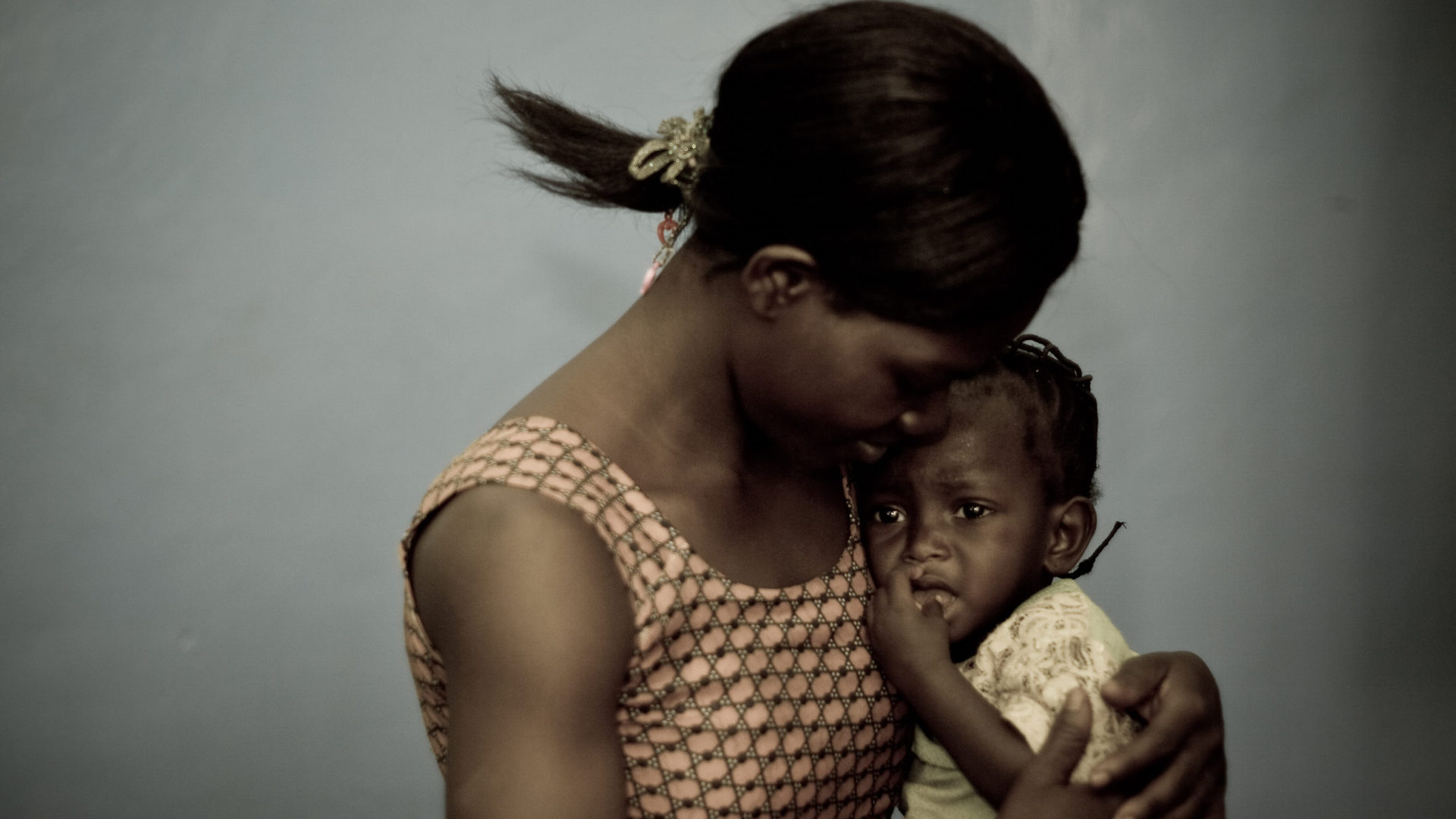
I was not a mother before coming to the mission field, so I was a casual bystander in the US culture’s so-called “mommy wars.” I listened as my friends who had kids talked about the hills they choose to die on: breastfed vs. formula-fed, disposable vs. cloth diapers, sleep training vs. baby-led schedules. I’ll escape all of this, I thought, knowing I’d be moving to a faraway country where passionate, vocal moms couldn’t find me once I became a mother.
My plan was foiled.
When my husband and I welcomed our daughter in a South Asian hospital, it took all of ten minutes for the advice to start flooding my recovery room. Wrap her like this. Massage her legs every day. Carry her horizontally, not vertically. Never take her outside without a blanket (even though it’s eighty degrees).
People in South Asia have the best intentions when they give advice. They know I’m a new mom living in a foreign country without my own mother, so how am I supposed to know how to care for a newborn? Therefore, they believe, the responsibility to educate me falls squarely on their shoulders, and they won’t let me down.
A couple of months after my daughter’s birth, I was strolling her on a walk when an older woman took one look at my daughter’s bare feet and said I must immediately put black dots on her heels. She explained that because my daughter is so beautiful, people may look at her with bad intentions. Their ominous glances make her susceptible to demonic powers, and applying black dots will protect her from that evil influence.
I wrestled with the opportunity at hand. This neighbor’s advice was saturated with spirituality. It should have been an easy entry to the gospel, but I honestly wasn’t prepared. When our conversation ended, I kicked myself for missing a chance to share something about Jesus. Since then, I’ve prayed about ways I can respond. I also asked other moms on the mission field how they share the gospel with people who like to give superstitious advice. Here’s what I’ve learned.
We All Care about Our Kids
I’ve learned to lay a shared foundation rather than jumping right into a spiritual conversation. When a South Asian mom told me she puts black eyeliner around the lids of her baby’s eyes to ward off evil, it was obvious she cared deeply for her child. And don’t we all?
By telling this mom I can see how much she loves her baby and echoing a desire to do anything I can for mine, I become relatable. Getting beneath the advice to the underlying goal or emotion usually leads people to change their authoritative posture into one that’s more open to conversation.
Jesus Wants to Take Your Fear
A major element of superstitious, child-rearing practices is fear. Moms dress their children’s ankles with jingly, silver bangles to scare away demons because there’s a rooted worry that evil lurks behind every seesaw and high chair. It lies in wait to strike their child with illness or injury.
“Fear of what we can’t always control—illness, injury, development—drives us to become the jingly bangles around our kids’ lives.”
Although we in the West may roll our eyes at the idea of anklets scaring away evil, I would argue our militant responses about child-rearing also come from fear. When we fight to the death over what foods kids should eat or how they should be raised, it’s a reflection of how fear of what we can’t always control—illness, injury, development—drives us to become the jingly bangles around our kids’ lives.
Jesus taught his followers not to worry because time spent doing so won’t add a minute to your (or your kid’s) life (Matt. 6:25–27). Resting in his sovereignty, protection, and grace is a unique privilege Christians have that the rest of the world does not. It should be enviable. So talk about how peace through Christ keeps all those what-ifs at bay.
You Can’t Prevent Everything
One woman told my friend that if my friend’s son didn’t walk by his first birthday, it meant Allah had cursed his life. This curse, apparently, would be the result of my friend not fulfilling her role as a mother in preparing her son to walk. We see a similar twisted belief from the disciples and the Pharisees when Jesus healed a blind man in John 9—the man or his parents messed up along the way, so he had to pay for it.
But that line of thinking assumes that good works result in good circumstances and bad things happen as a result of our negligence. While it’s true that our sins can lead to felt consequences, it’s not true that bad circumstances are always the result of our personal sin. We live in a world marred by sin, the effects of which malign everything from nature to humanity. No one can escape its consequences, not even children.
In my experience, communicating the effect of sin on God’s perfect creation actually brings moms relief. They see their own inability to stop unfortunate events—natural disasters, drunk drivers, epidemics, and so on. The Holy Spirit uses that realization to reveal their hopelessness and lack of peace apart from Christ.
So as the wars wage on among mothers in the US, ask God how he wants to use you to bring the gospel into those conversations. Hint: it’s not on a social media newsfeed. It requires kindness, humility, and time spent face to face with friends and family. At the end of the day, we may not agree on effective forms of discipline or what’s best to feed our kids. But for all things eternal, the gospel has the power to disarm and unify all under Christ.
Rachel Cohen is a new mom and works as a content editor for imb.org. She lives with her husband and daughter in South Asia.

